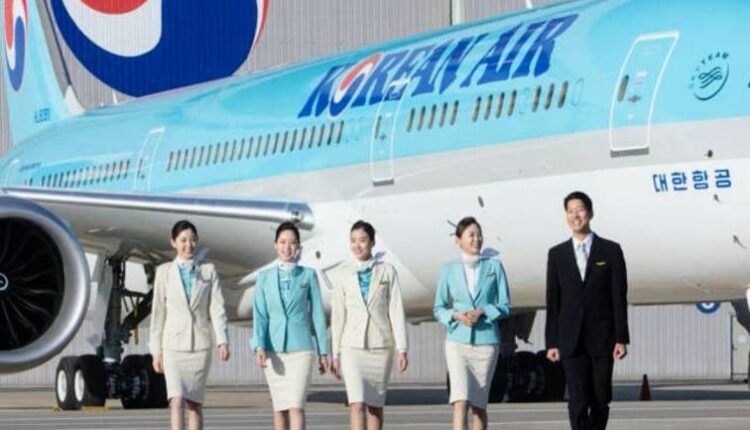Direct flights between South Korea and India could resume soon, talks for Air Bubble imminent
India had suspended scheduled international passenger flights in March 2020, and since then set up an air bubble with about 40 countries but not with South Korea.
NEW DELHI/SEOUL: South Korea would soon initiate consultations with the Indian government for setting up an air bubble for the smooth operation of flights as scheduled flights between the two countries continue to be suspended for almost two years.
Chang Jae-bok, South Korean Ambassador in India disclosed this while replying to the concern raised by the Korean community during a virtual interaction with them on Thursday.
The ambassador said that he will resume working-level consultations related to the travel bubble with India soon. “We will do our best to make it happen soon,” he said.
The statement has come as a big relief not only to the Korean community traveling between South Korea and India but also for the 8000 strong Indians staying and working in South Korea who have been demanding the air bubble for very long.
As is widely known that the Indian aviation authorities had suspended scheduled international passenger flights on March 23, 2020, given the Covid pandemic. India since then has established an air bubble with about 40 countries including Japan, Singapore, the US, UAE, and others.
However, the air bubble could not be established with South Korea as the Korean government has not responded to the Indian government’s proposal sent to it in July last year.
“The Indian government had proposed an air bubble to the South Korean government in July last year and the Centre has been waiting for its response,” Aviation Minister Jyotiraditya Scindia has said last month in the Parliament.
The minister was replying to the tweet of Congress Lok Sabha member from Thiruvananthapuram Shashi Tharoor who had said that some 8,000 Indians living in South Korea are protesting the absence of an air bubble between the two countries.
As a result of this situation, Korean and Indian nationals including students on both sides have been paying through their nose and buying air tickets at almost triple the original airfare, and also they travel taking the long transit route via the third country.
On Thursday, the residents of eight Korean Associations and Consul Generals of three states led by ED Park, President of Federation of Korean Associations held a virtual meeting with Ambassador Chang Jae-bok to greet him on the Lunar New Year 2022 (Seollal) and also discuss various issues the Korean community was facing in India.
However, the most crucial issue suggested during the meeting was the review and progress by the embassy and Indian government on the issue of setting up an air-bubble between India and Korea for the operations of the special flights, which the Korean association representatives said was a huge inconvenience and pain for the Koreans especially on business trips.
A group of Indians led by Kislay Kumar in South Korea has launched an online petition demanding an air bubble between India and South Korea, and it has so far been signed by about 1200 people at the time of filing this report on Friday.
This petition is to bring to your notice the problems and hardships the Indian community living in South Korea has been facing since March 2020.
It says that the unavailability of air bubbles between the two countries is proving to be quite costly for more than 8000 strong Indian communities in Korea who are mostly students.
“The costs have shot up to almost three times the fare it used been during the pre-Covid era. And there are cases of frequent cancellation of flights as well. This has been a cause of extreme discomfort and resentment among the fellow Indians living in the Republic of Korea. Also, frequent changes of rules while transiting from a third country have left many Indians in despair about the journey back and forth,” the petition reads.
Many of the Koreans and Indians have either missed their flights due to cancellation or had to return due to insufficient documents while transiting from a third country and a few students who needed to drop the semester due to erratic flight cancellations.



